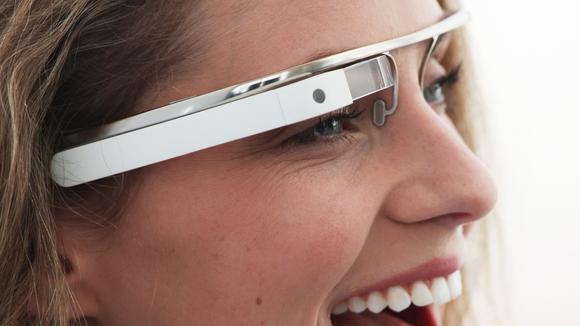As innovations has shown us, it seems as if an upcoming step for the world of technology is the creation of devices which the user can wear. From my analysis, the main barrier to entry for these companies is marketing the product to make it appealing to the consumer. It seems like people are willing to accept the new technology, however they won’t be caught dead wearing a silly pair of high-tech glasses such as Google Glass. 

The company, Jawbone, known for their high quality Bluetooth headsets, recently launched a new product known as the Up. It is similar to Google Glass in respect to the fact that both products record data from the user’s day-to-day life. However, the advantage Jawbone has over Google is the fact that their product is a subtle and stylish bracelet which is more appealing to consumers. It is common for users to sacrifice incredibly useful features to obtain a less efficient product that looks nicer. This is explains the concept that if producers want to succeed in the wearable technology market, they must make their product aesthetically pleasing as well as inventive product’s features.
Main Citation:
Brownlee, John. “The Invisible Future Of Wearables.” Co.Design 2 Oct. 2013. Fast Company. 07 Oct. 2013 <http://www.fastcodesign.com/3019157/innovation-by-design-conference/the-invisible-future-of-wearables-according-to-jawbone>.
Supporting Citations:
Boag, Paul. “Time to get Healthy.” Web log post. Boagworld Complete. 27 Apr. 2013. 07 Oct. 2013 <http://boagworld.com/working-in-web/time-to-get-healthy/>.
Standish, Maude. “Data Is The New Astrology.” The Huffington Post 25 Apr. 2013. TheHuffingtonPost.com. 07 Oct. 2013 <http://www.huffingtonpost.com/maude-standish/data-is-the-new-astrology_b_3150148.html>.

 The company’s stock price closed today at 7.69 which is 4.23% lower than it was 5 days ago and 25% lower than it was less than a month ago. Blackberry also laid off 40% of its employees and claimed a billion dollars in loses from the launch of its new Z10 smartphone. This seems to be a good indicator that the company is doing everything in its power from going bankrupt. This begs the question if the company was intentionally producing false indicators of its financial state to desperately stay competitive in the smartphone industry.
The company’s stock price closed today at 7.69 which is 4.23% lower than it was 5 days ago and 25% lower than it was less than a month ago. Blackberry also laid off 40% of its employees and claimed a billion dollars in loses from the launch of its new Z10 smartphone. This seems to be a good indicator that the company is doing everything in its power from going bankrupt. This begs the question if the company was intentionally producing false indicators of its financial state to desperately stay competitive in the smartphone industry.